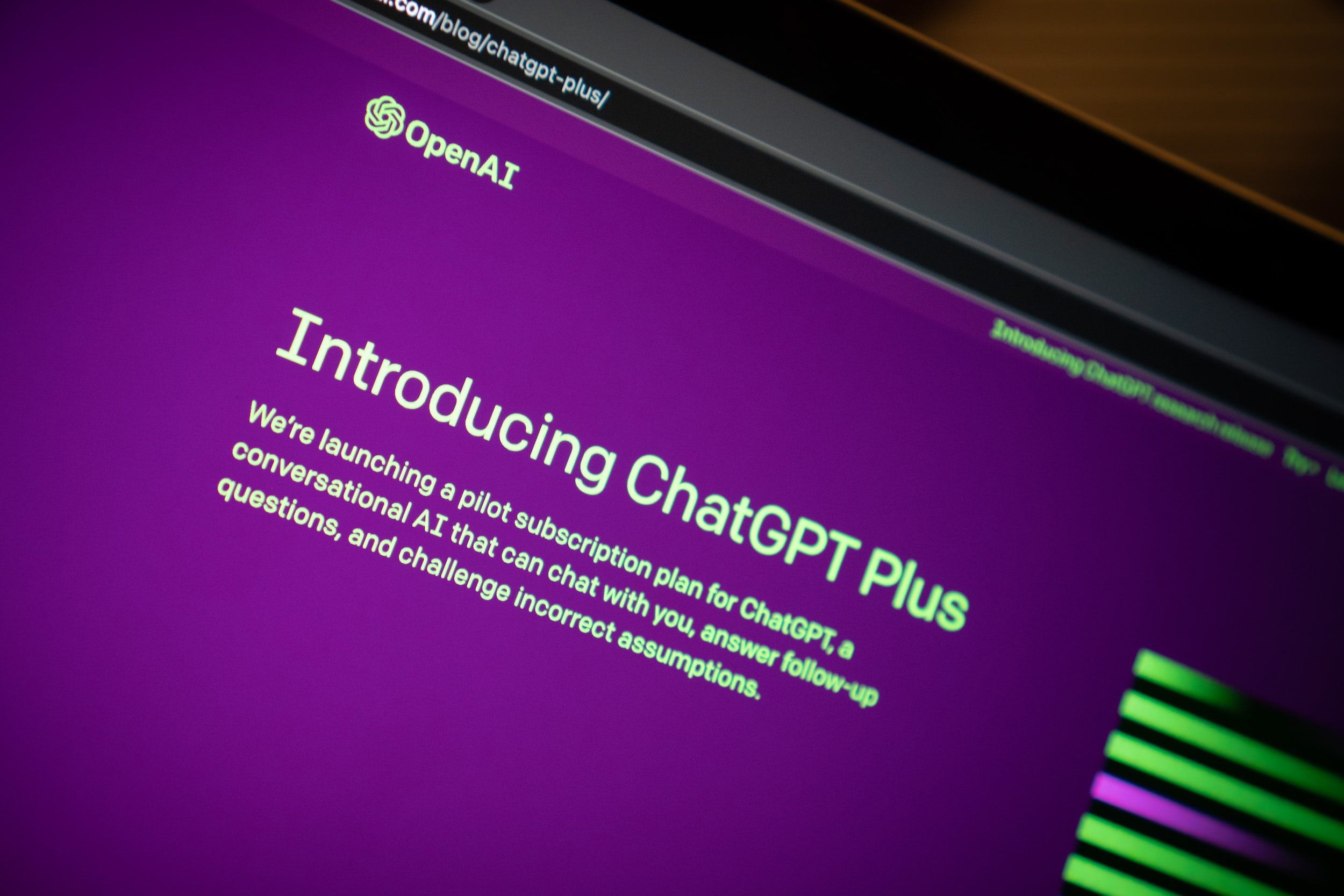And, Cohen Both Takes The Fall And Passes The Buck
A quick update on New York’s Second AI Hallucination case, which I originally covered a couple of weeks ago—today we learned that Michael Cohen, the client, and not David Schwartz, the lawyer, used artificial intelligence (this time, Google Bard) to generate cases that did not exist. In a declaration he submitted to the court (available starting on page 9 of this packet from the CourtListener docket), Cohen stated that (having been disbarred several years ago) he had not kept up with legal technology trends and did not understand the limitations of AI.
Cohen, while praising Schwartz as a friend and lawyer, still threw him lawyer under the bus and blamed him for not double-checking his work. (Schwartz, in turn, threw another one of Cohen’s lawyers under the bus.)
Which, yeah. I get that Cohen wants to preserve his application to terminate his supervised release and doesn’t want to tick off the judge, but he does have an important point. The buck does stop with the lawyer. I represent lots of lawyers (including those in good standing, and those who have been suspended and revoked) and welcome their input. That someone is in my office because of an alleged or actual ethical lapse does not mean they can’t provide meaningful and important assistance in their defense. But, I’m not going to risk my reputation or my license (or theirs) relying on citations to cases I haven’t read.
Another interesting point here is that this case involved Google Bard rather than ChatGPT (the culprit in the widely publicized Mata case). ChatGPT is a large language model from OpenAI and was never intended as a legal research service, or even as search engine. Google Bard, on the other hand, while not a legal research service, is, well, part of Google. I haven’t yet taken a deep dive on Bard, but most lawyers use Google for at least some functions (if I know a disciplinary case by the lawyer’s name it’s faster for me to Google it than get it through either Lexus or the Supreme Court website) and get mostly reliable results. So, this is another caution to add to the mix.






